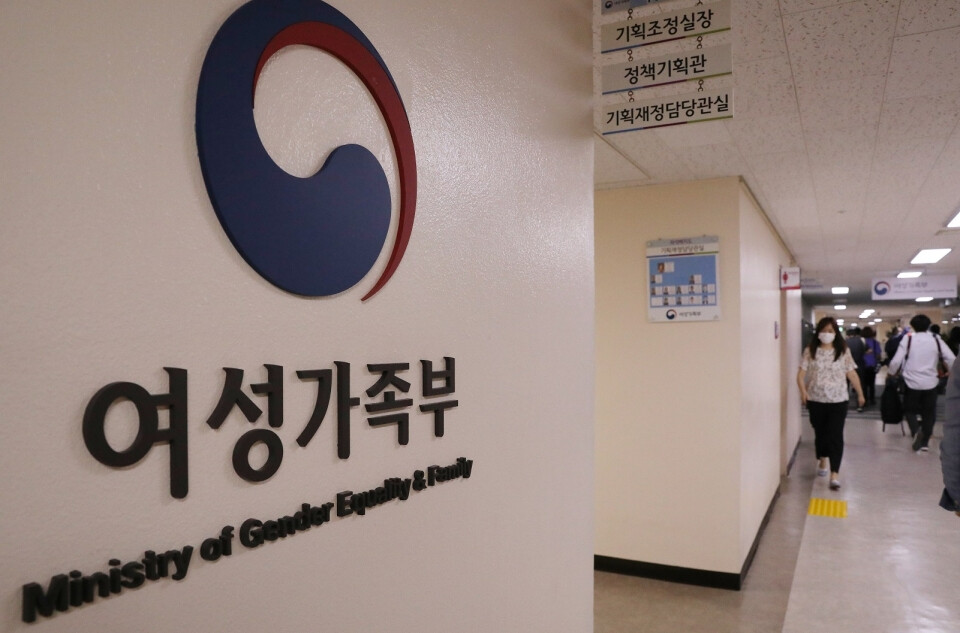
[GLOBAL ECONOMIC TIMES] From January next year, the scope of rewards given to those who report sex crimes against children and adolescents to investigative agencies will be expanded to include juvenile cases. The results of checking whether sex offender employment restriction orders are properly implemented are also disclosed on the websites of local governments and offices of education.
The Ministry of Gender Equality and Family announced that the amendment to the enforcement ordinance of the ‘Act on Sexual Protection of Children and Adolescents’ (Juvenile Sexual Protection Act) containing these contents was passed at the Cabinet meeting on the 15th. According to the amendment, when a reward is given to a person who reports a sex crime such as prostitution against children or adolescents or the production or distribution of sexually exploitative material, the reported person is transferred to the juvenile department of the court (rather than transferring juvenile crime cases investigated by investigative agencies to criminal trials). It includes provisions for payment even in cases where the child is sent to the juvenile department of the family court to be tried as a juvenile.
Currently, a reward is paid if the defendant is indicted or receives a suspended indictment. If a sex crime is reported based on evidence collected through illegal means, the reward can be refused.
It also includes provisions for local governments and offices of education to check whether sex offenders who have received an employment restriction order from the court are working or operating in child and youth-related institutions, and to post the results on the inspection organization's website within two months. The disclosure period was also specified from ‘more than 3 months’ to ‘more than 3 months but less than 12 months.’
[Copyright (c) Global Economic Times. All Rights Reserved.]






























